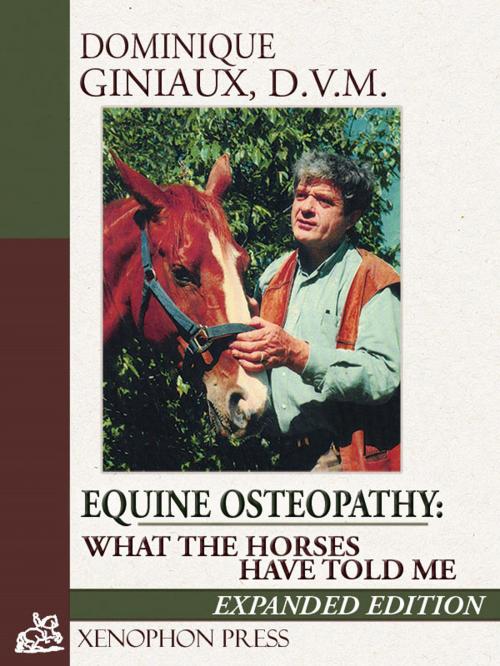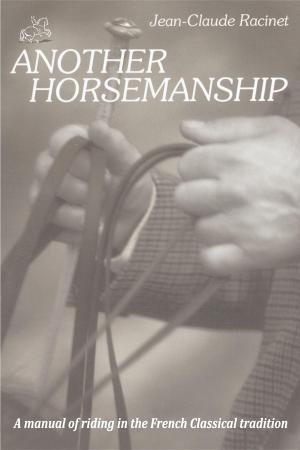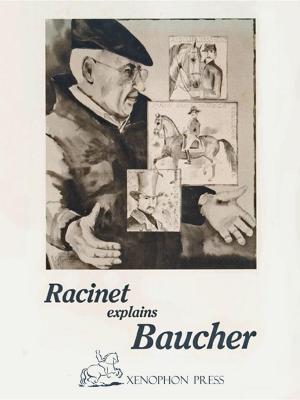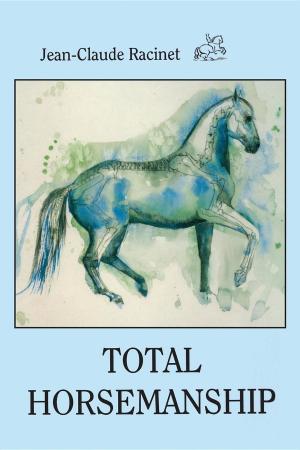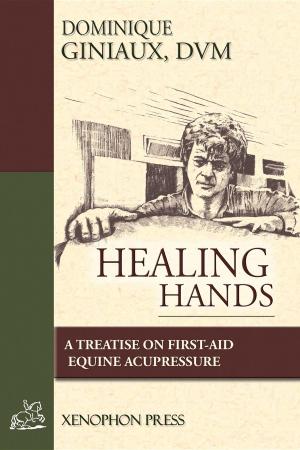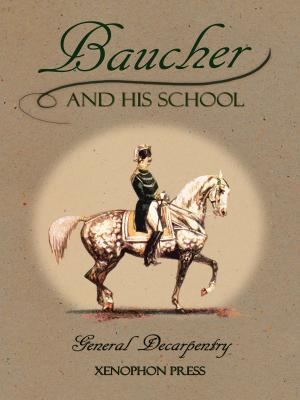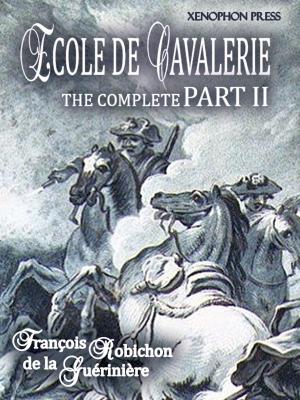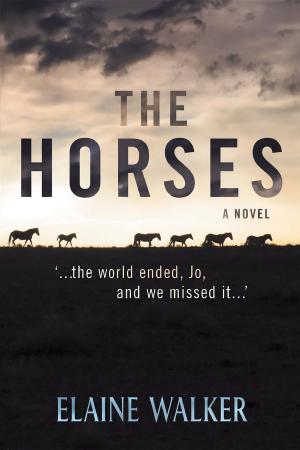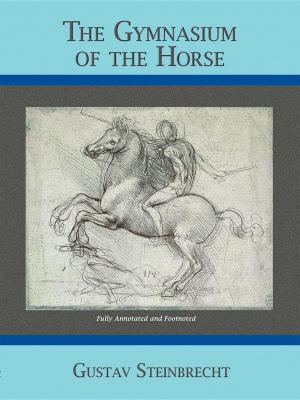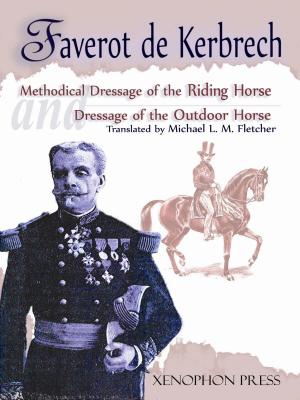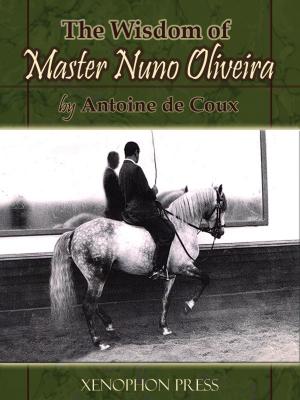| Author: | Dominique Giniaux, D.V.M. | ISBN: | 9780933316485 |
| Publisher: | Xenophon Press LLC | Publication: | September 1, 2014 |
| Imprint: | Xenophon Press LLC | Language: | English |
| Author: | Dominique Giniaux, D.V.M. |
| ISBN: | 9780933316485 |
| Publisher: | Xenophon Press LLC |
| Publication: | September 1, 2014 |
| Imprint: | Xenophon Press LLC |
| Language: | English |
“This book comes as true information on the existence of an alternative way to experience and conceive medicine, whether animal or human. It is a real testimony of a distinctive quality of the relationship between practitioner and patient, and its authenticity is not its lesser merit.” -Jean Josse, Osteopath DO, MRO A central premise in equine osteopathy is the pathological effect of vertebral lesions (subluxations) upon the functioning of the nervous system. Osteopathy concerns itself with the whole structure: the vertebrae and all of the other joints, muscles, ligaments, and fascia. Osteopathy holds that if the structure is blocked in one of its components, health will be jeopardized, since the flux of energy which pervades the organism will be impaired. It is therefore, a “manual” medicine, where the healer (physician, veterinarian) “listens” to his/her patient by palpation. Hence the subtitle of this book: What the Horses Have Told Me.Xenophon Press has expanded this volume from it
“This book comes as true information on the existence of an alternative way to experience and conceive medicine, whether animal or human. It is a real testimony of a distinctive quality of the relationship between practitioner and patient, and its authenticity is not its lesser merit.” -Jean Josse, Osteopath DO, MRO A central premise in equine osteopathy is the pathological effect of vertebral lesions (subluxations) upon the functioning of the nervous system. Osteopathy concerns itself with the whole structure: the vertebrae and all of the other joints, muscles, ligaments, and fascia. Osteopathy holds that if the structure is blocked in one of its components, health will be jeopardized, since the flux of energy which pervades the organism will be impaired. It is therefore, a “manual” medicine, where the healer (physician, veterinarian) “listens” to his/her patient by palpation. Hence the subtitle of this book: What the Horses Have Told Me.Xenophon Press has expanded this volume from it
